Most Trusted & Affordable Volunteer Abroad Programs & Intern Abroad
Volunteering Solutions has a plethora of amazing volunteer programs abroad & internship opportunities for high school/ college students, medical & nursing students, gap year travelers as well as backpackers and seniors who are keen to step out of their comfort zone and be a part of a meaningful journey.
All the programs are curated in a way that both the giver & the receiver are equally benefitted. There are some specially crafted Summer Break Programs, as well as Short Term Volunteering Programs for those who have a time crunch! Established in 2007, the organization has managed to place more than 21000+ volunteers overseas, who opted for different volunteer projects across the globe.
Featured Destinations
.jpg)
Medical and Nursing Internships Abroad
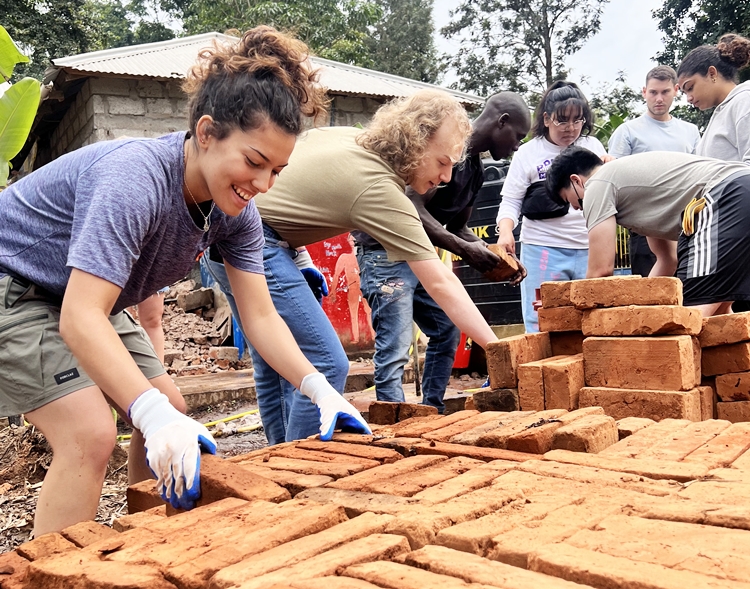
Summer Impact Trips 2024
Projects
Why Choose Us?
It's gonna be a journey of a lifetime! Embark on a volunteer trip abroad with Volunteering Solutions and experience the joy of touching lives like never before. Soak in the vibes of a new culture, explore the hidden gems of the host country, learn some new skills, meet some like-minded people and make a difference!
-
Experience
- We have experience of 15+ years of offering international volunteering and internship programs around the world.
-
Affordability
- We offer programs with low prices and flexibility. Our programs are available year-round and cater to people from all age groups.
-
Support
- Participants are offered unmatched support while on the program location as well as prior to the trip from our team in UK and Asia.
-
Variety
- Choose from a wide variety of volunteering, internship and volunteer travel programs in more than 25 program destinations across the globe.
-
Sustainability
- Our volunteers contribute to the Sustainable Development Goals by the United Nations. All our volunteer programs work towards achieving one or more SDG.
-
Trust-worthy
- Volunteering Solutions is a trusted member of WYSE Travel Confederation and an approved provider of Year Out Group.
Popular Blog Posts From VolSol
Check out our volunteer travel blog which features tips, advice and articles on how to volunteer abroad and choose the suitable program
Featured in publications worldwide
Still have Questions?
We're always here to help.
Get in touch whatever way works best for you.
 ES
ES  PT
PT  IT
IT  DE
DE 

 Bali
Bali  Cambodia
Cambodia  India
India  Malaysia
Malaysia  Nepal
Nepal  Philippines
Philippines  Sri Lanka
Sri Lanka  Thailand
Thailand  Vietnam
Vietnam  Ghana
Ghana  Kenya
Kenya  Madagascar
Madagascar  Morocco
Morocco  South Africa
South Africa  Tanzania
Tanzania  Uganda
Uganda  Australia
Australia
 Costa Rica
Costa Rica
 Ecuador
Ecuador
 Peru
Peru
 Ireland
Ireland
.jpg)
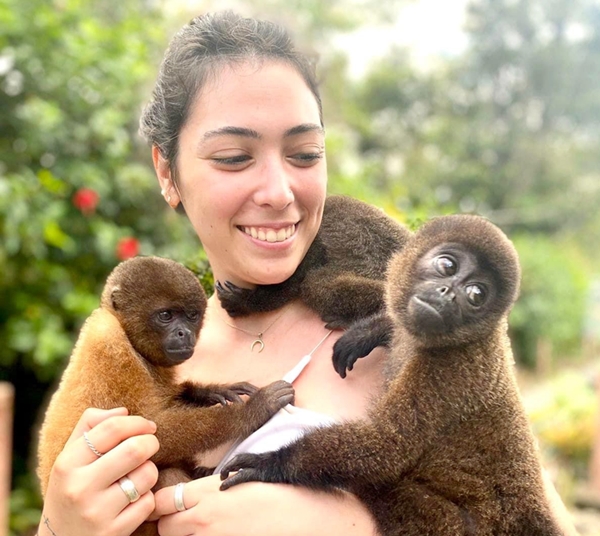
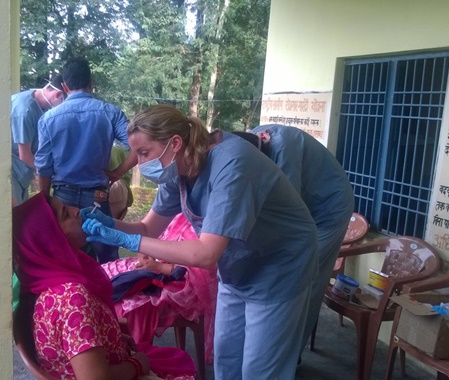
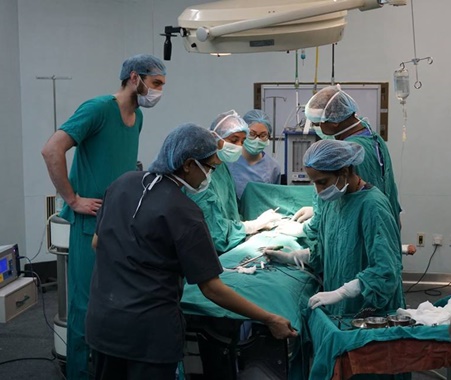
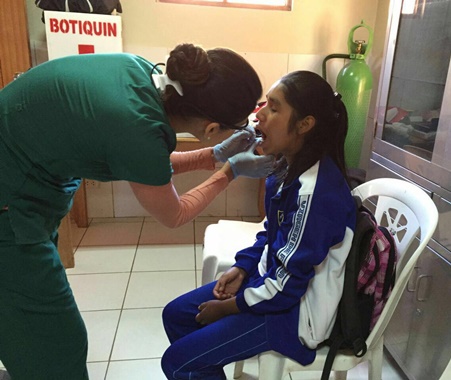

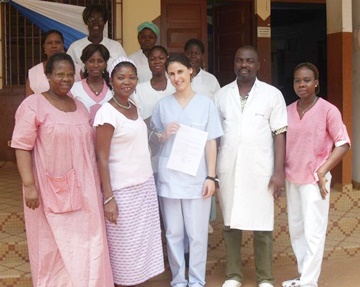
.jpg)

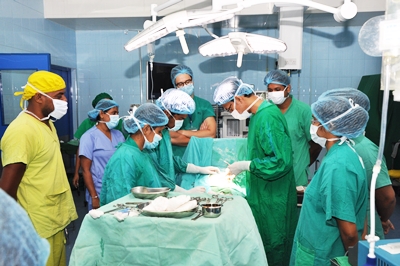




















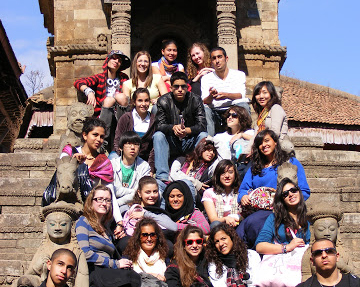
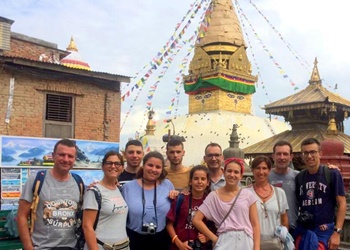
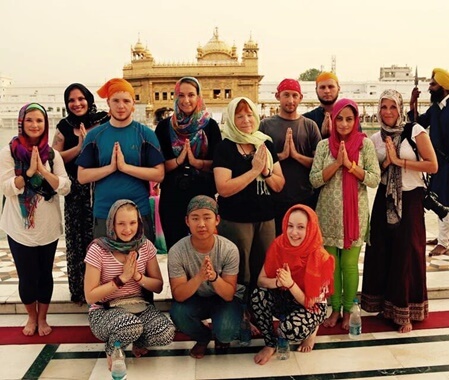


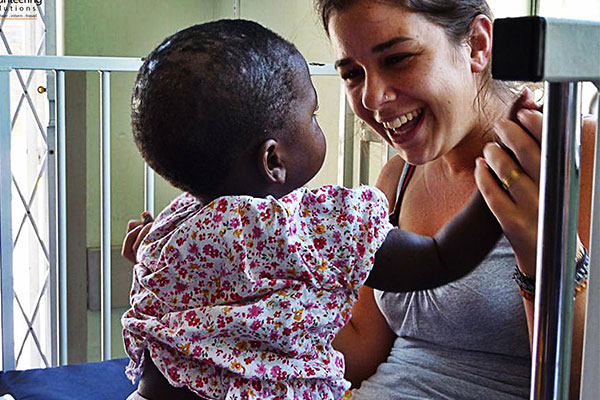

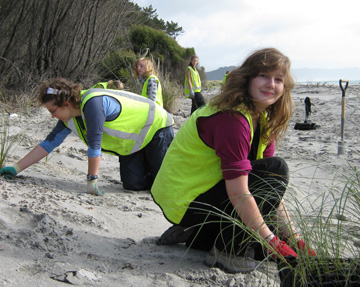


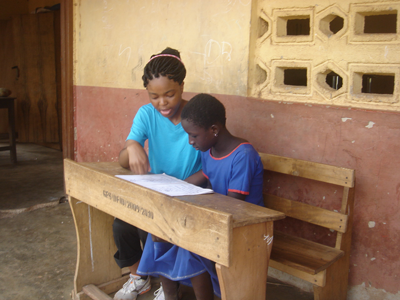
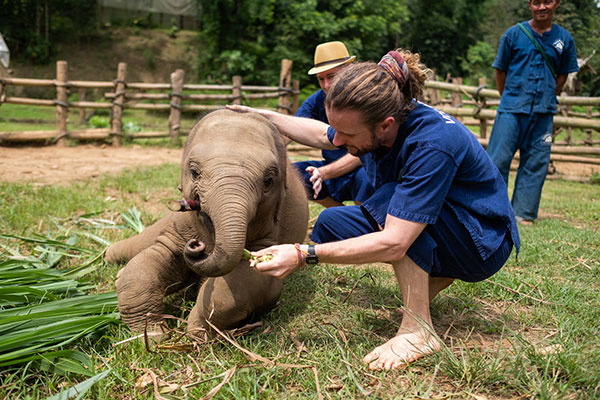
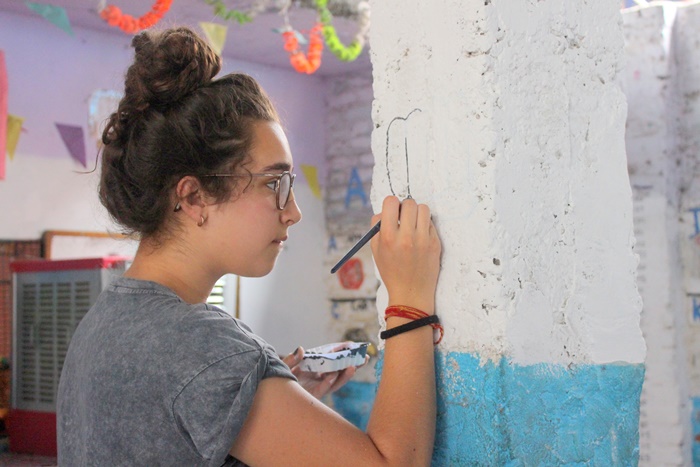
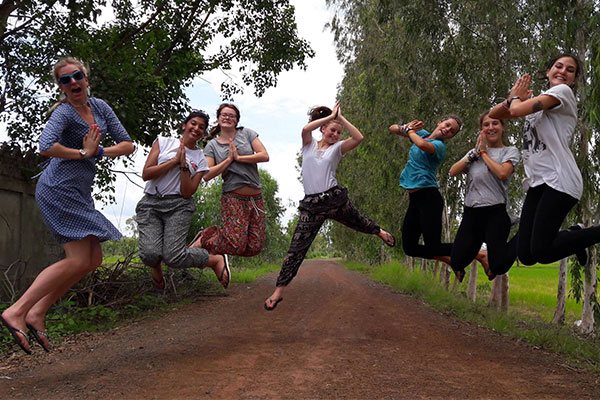
.png)
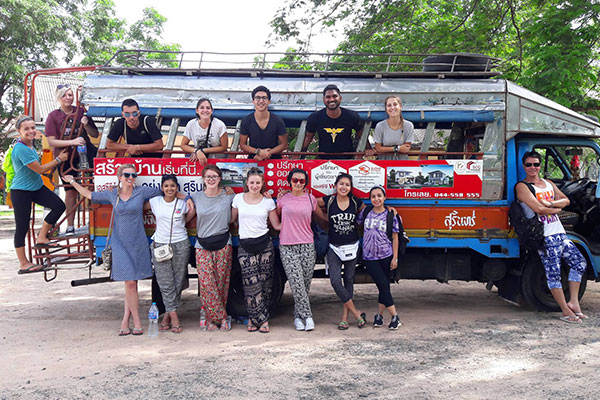



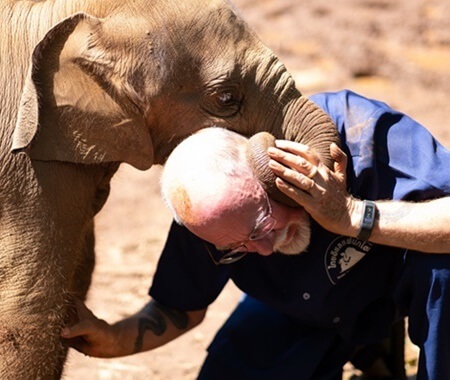
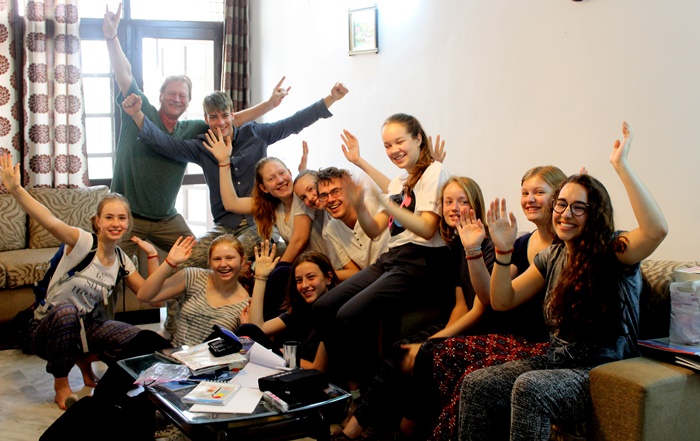






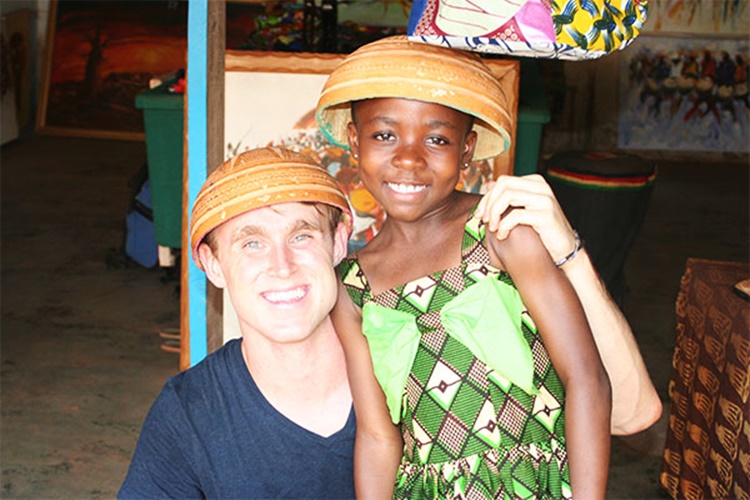

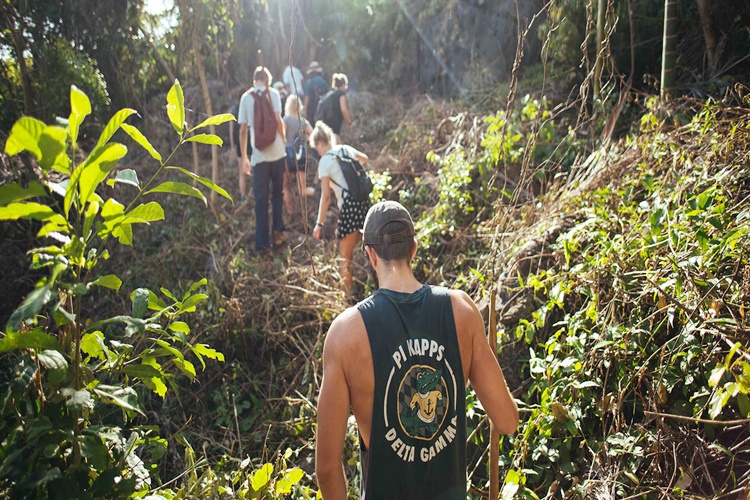
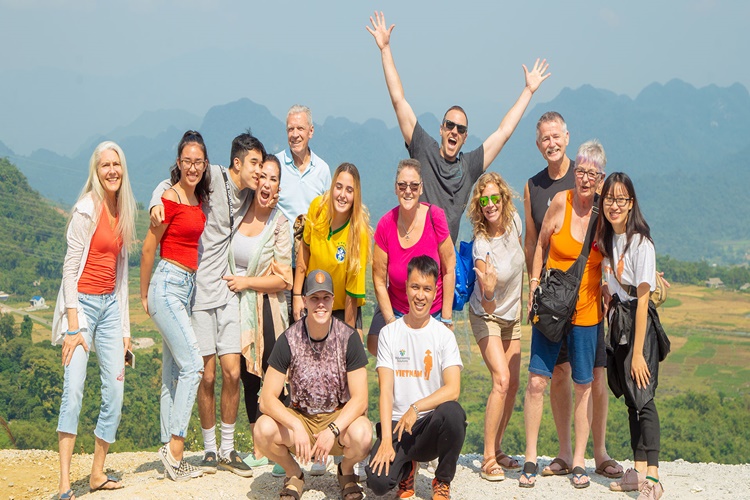

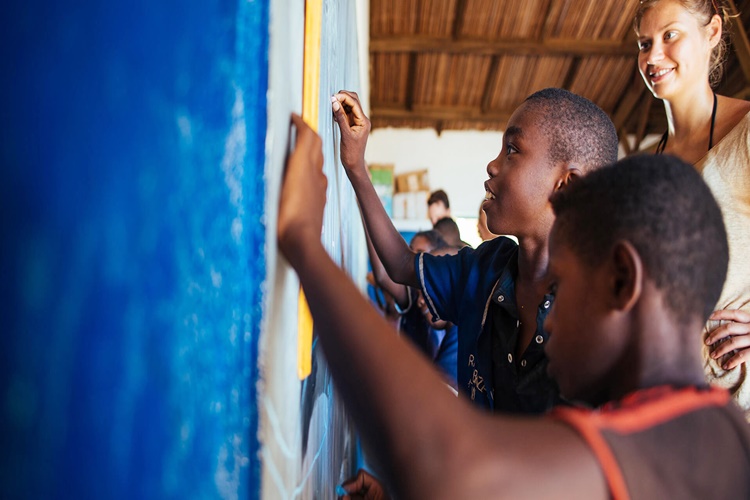
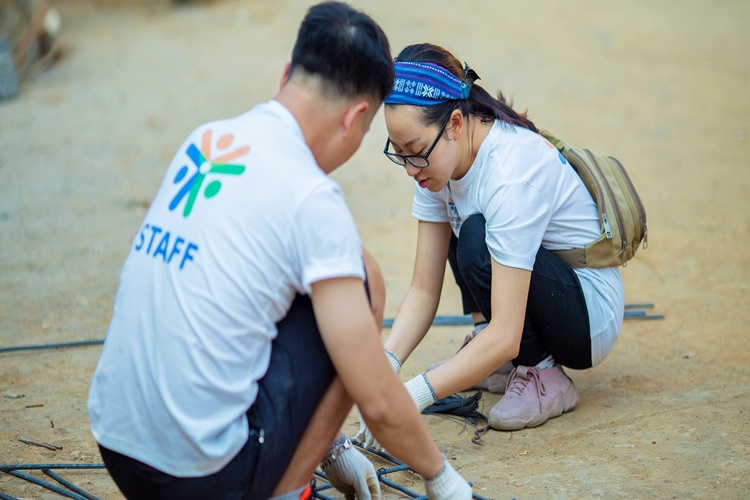
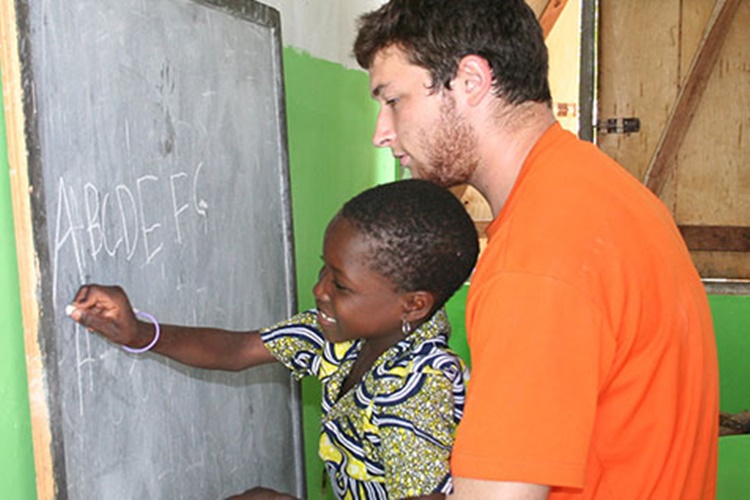


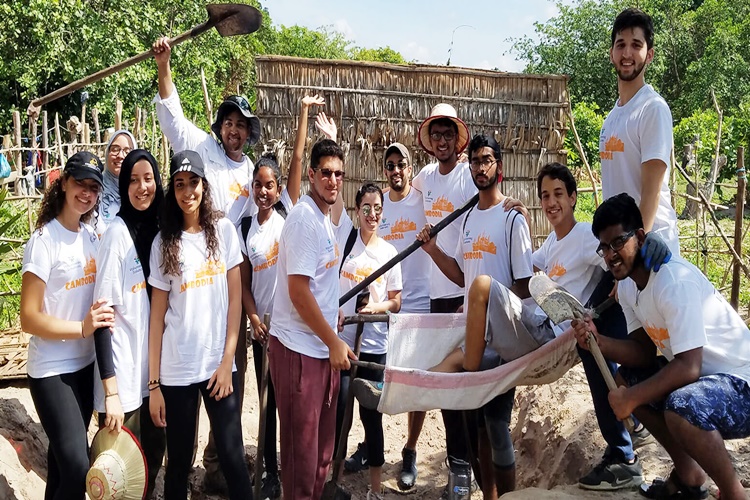
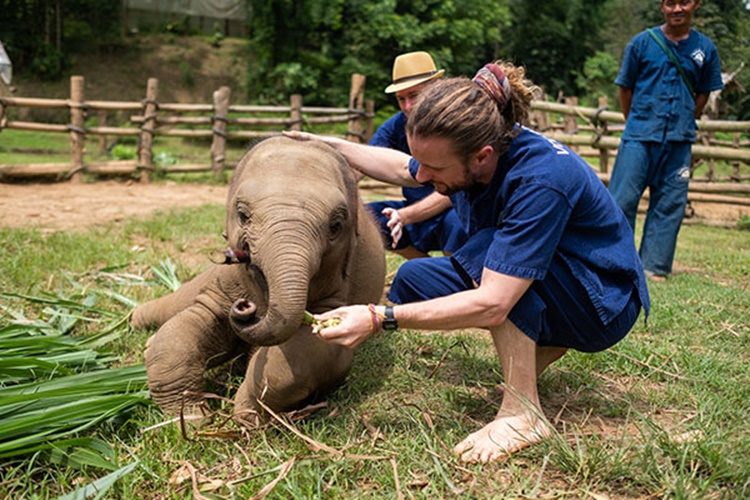
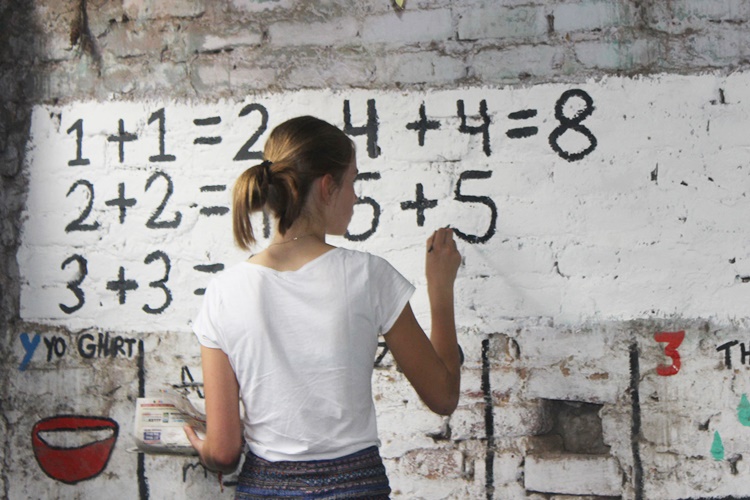
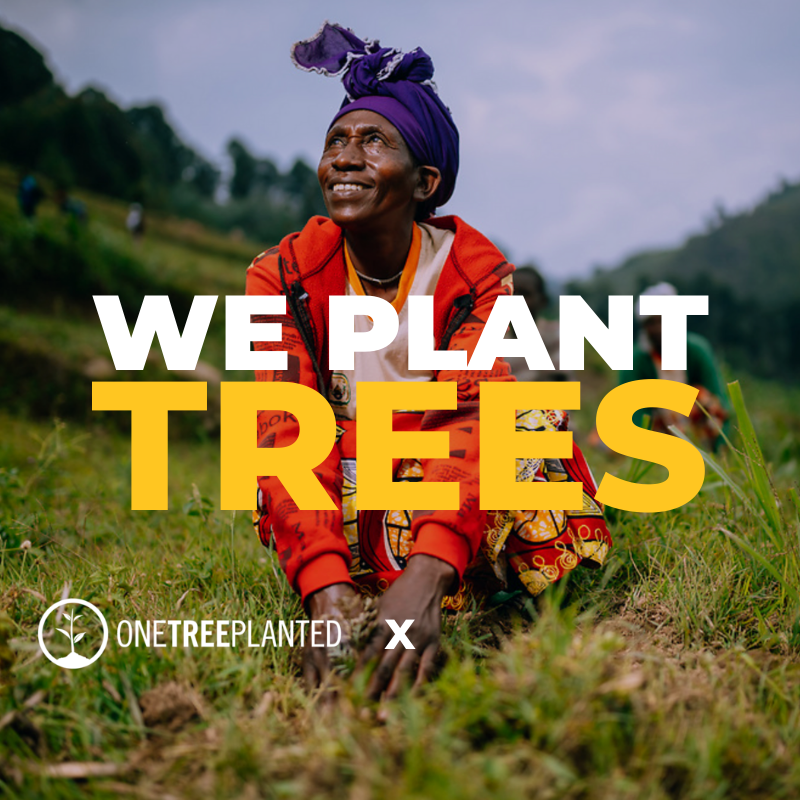
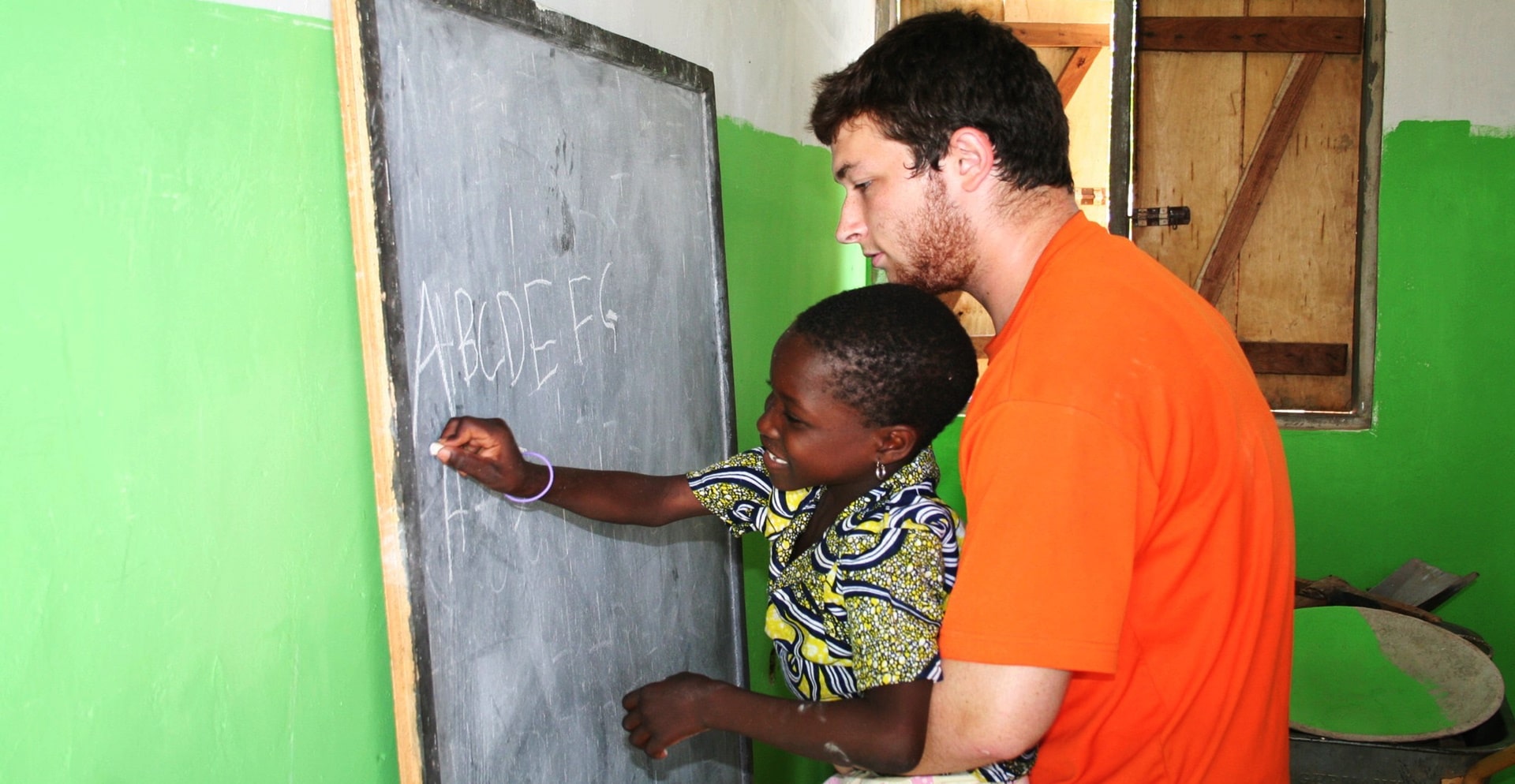
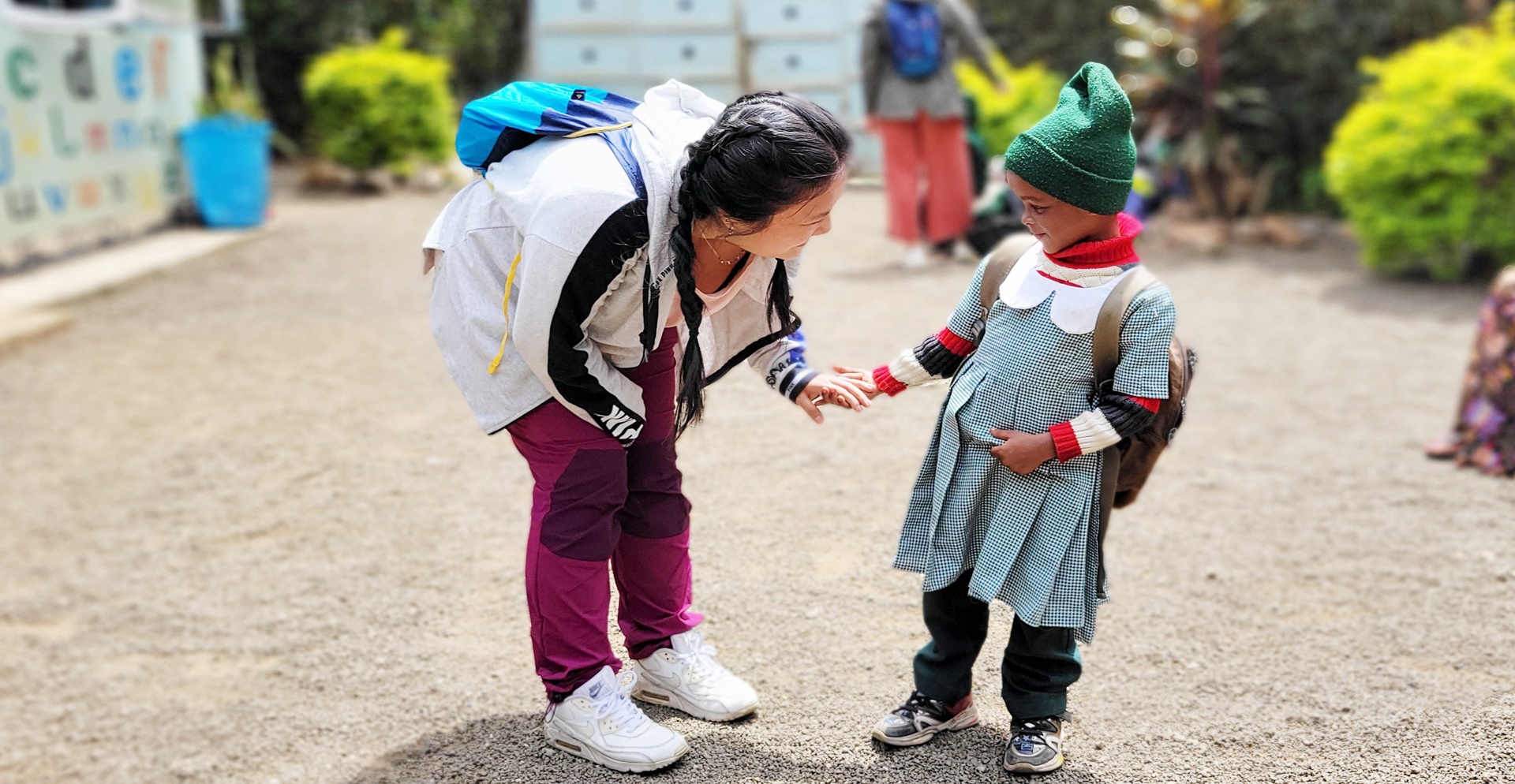
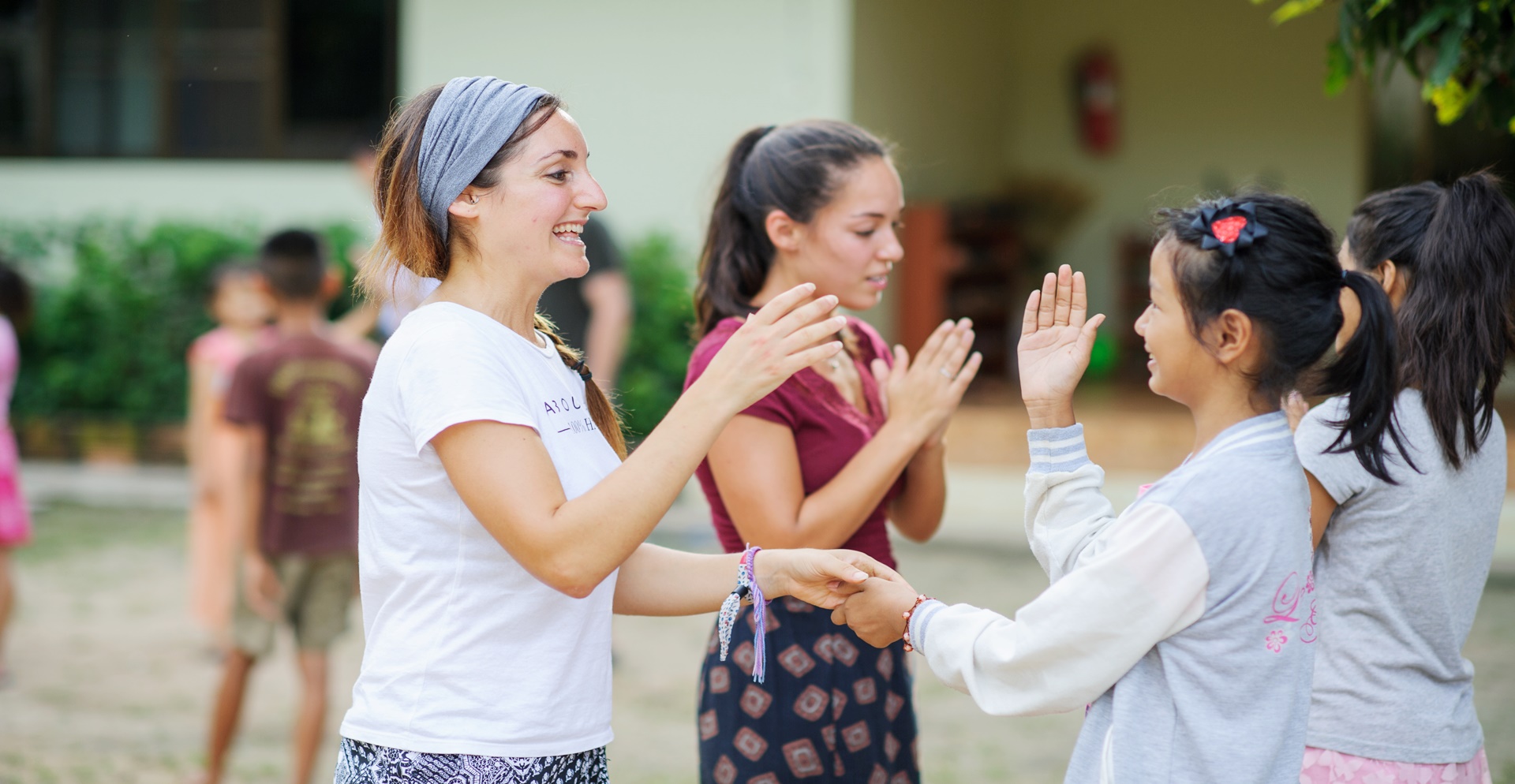
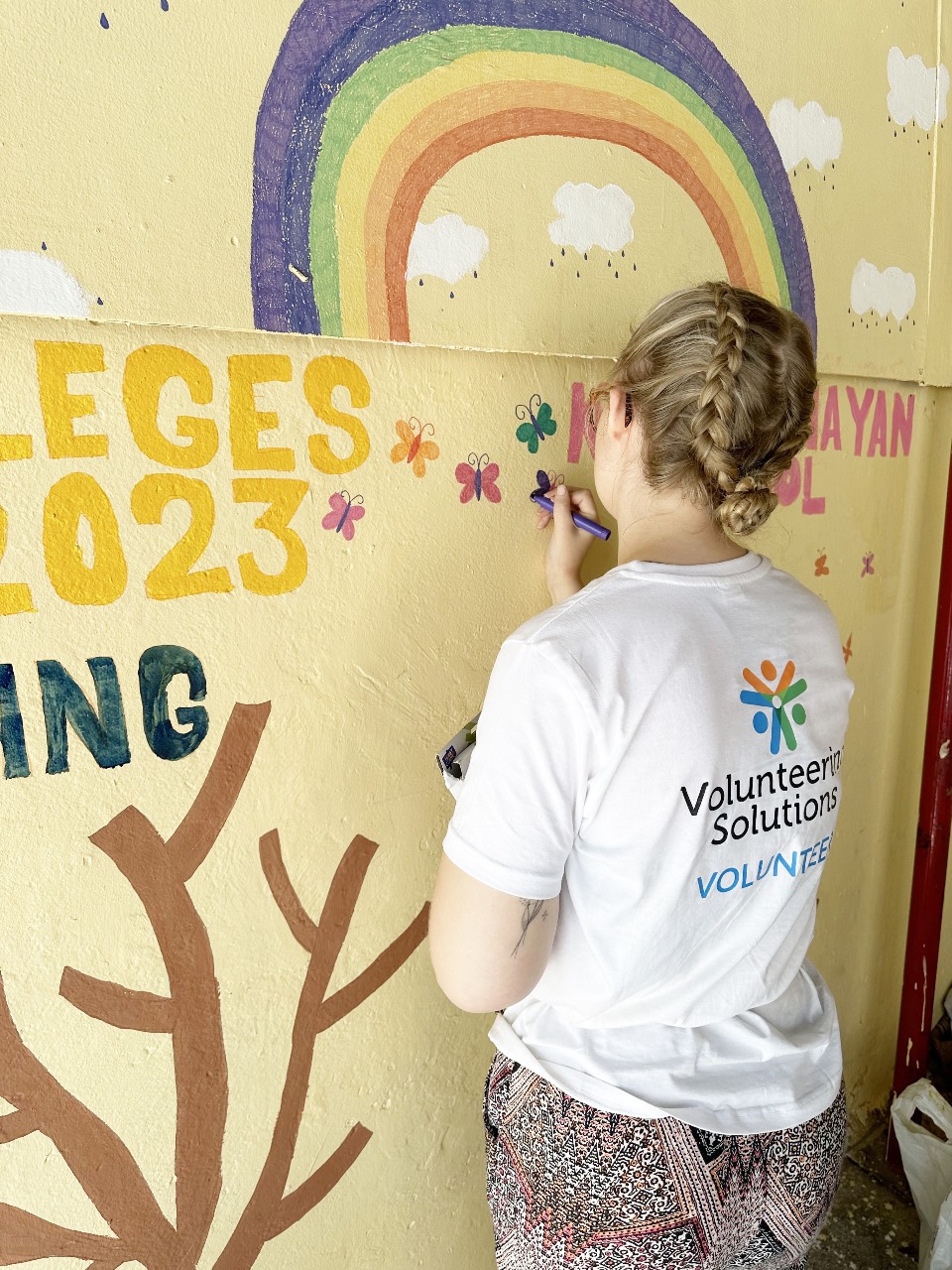
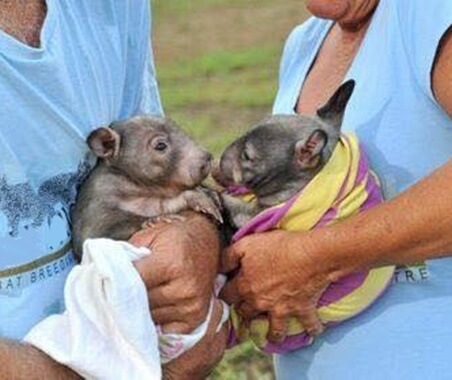
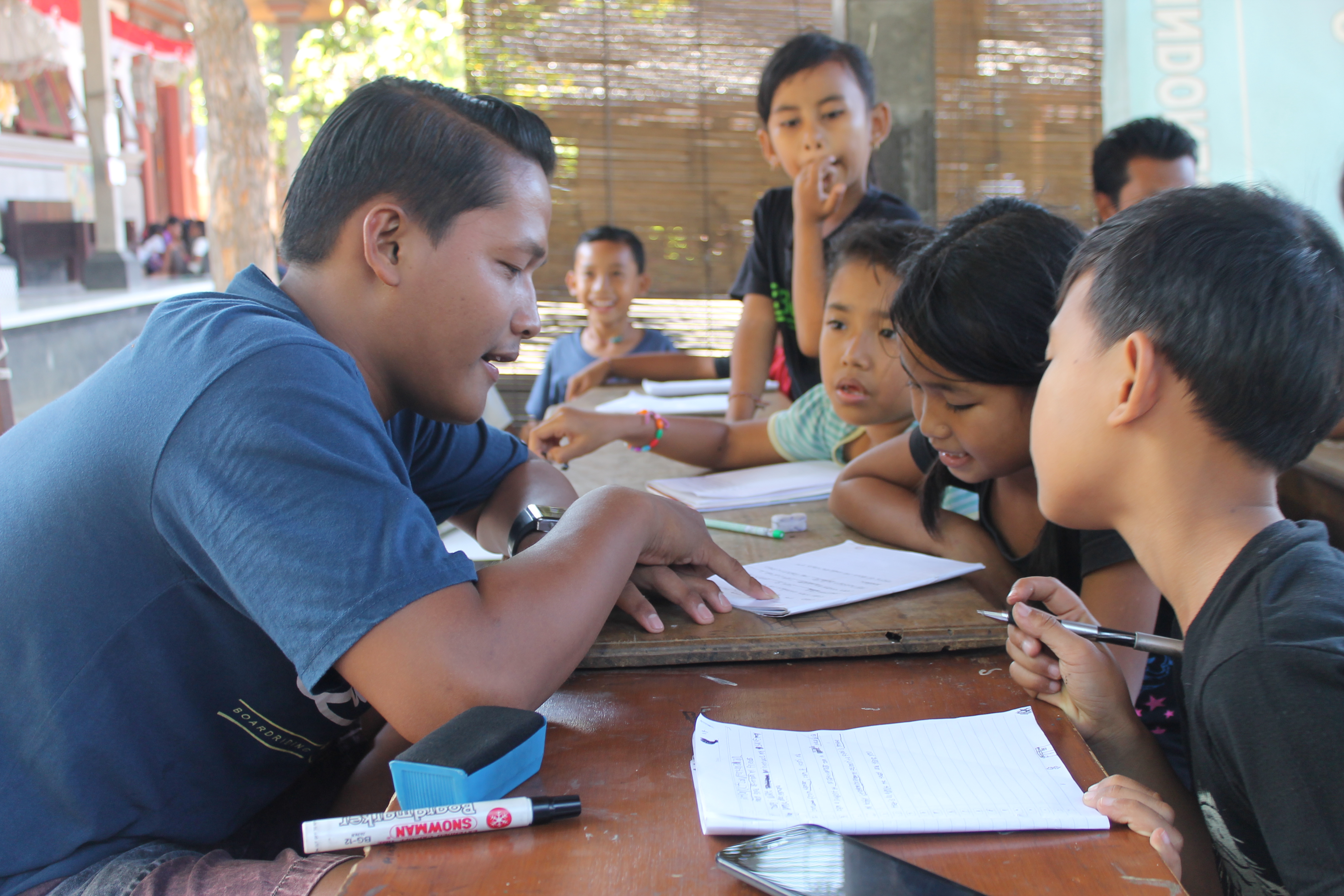


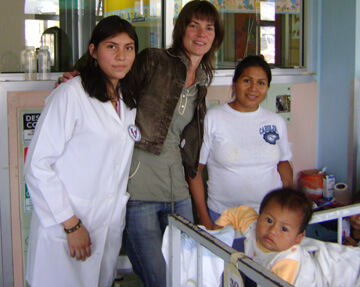
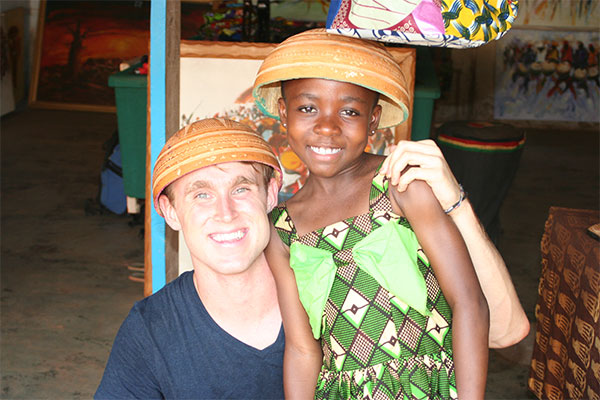
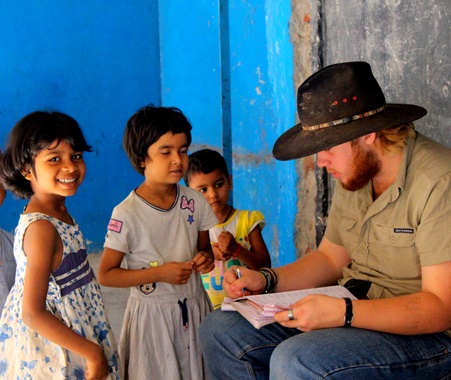
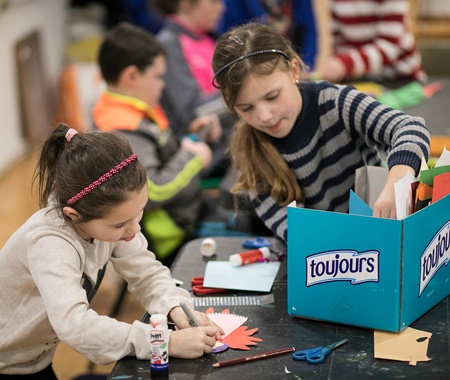
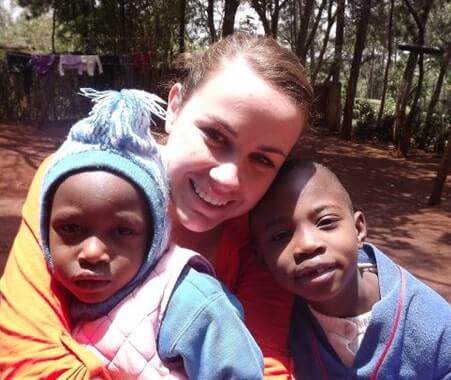
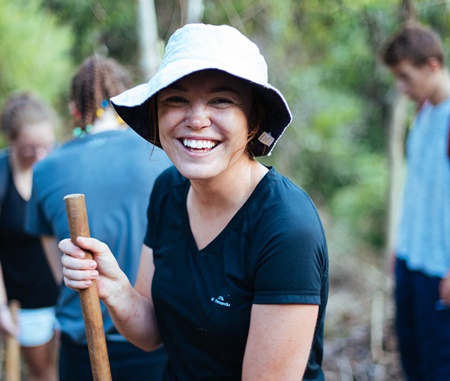
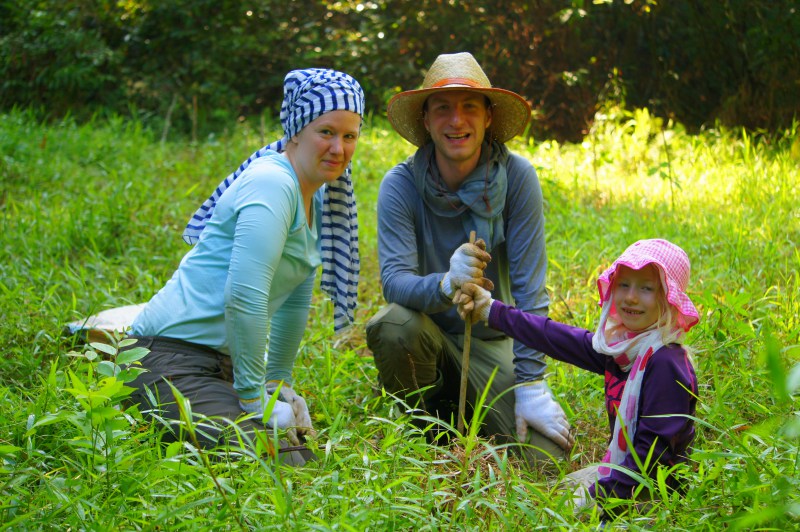

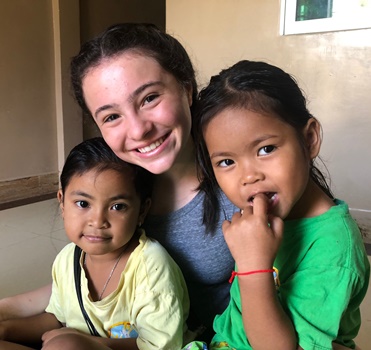
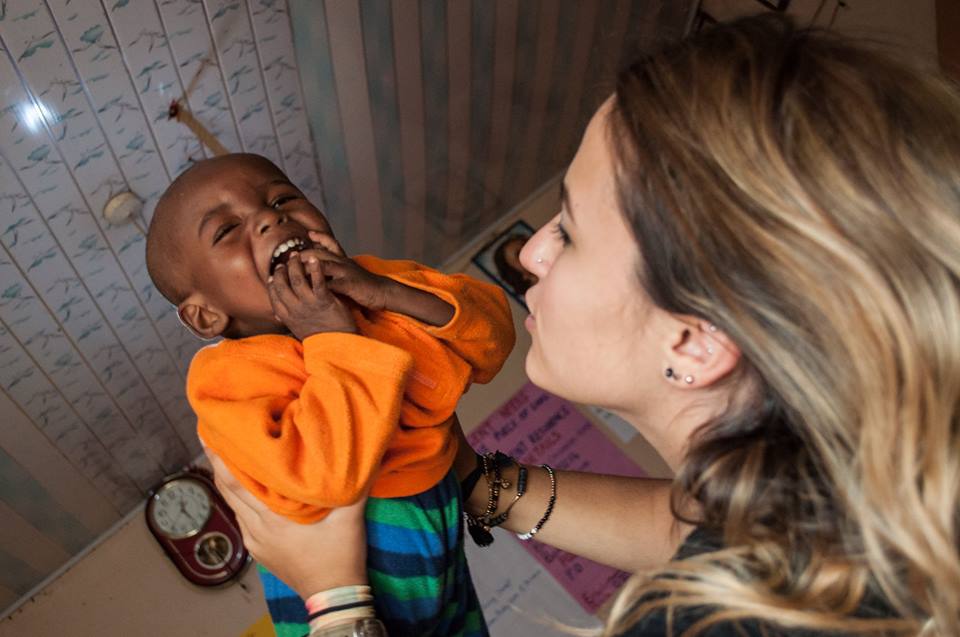









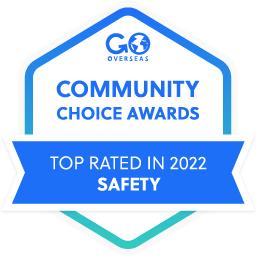
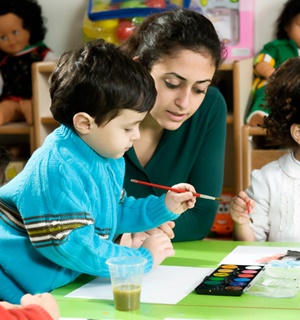
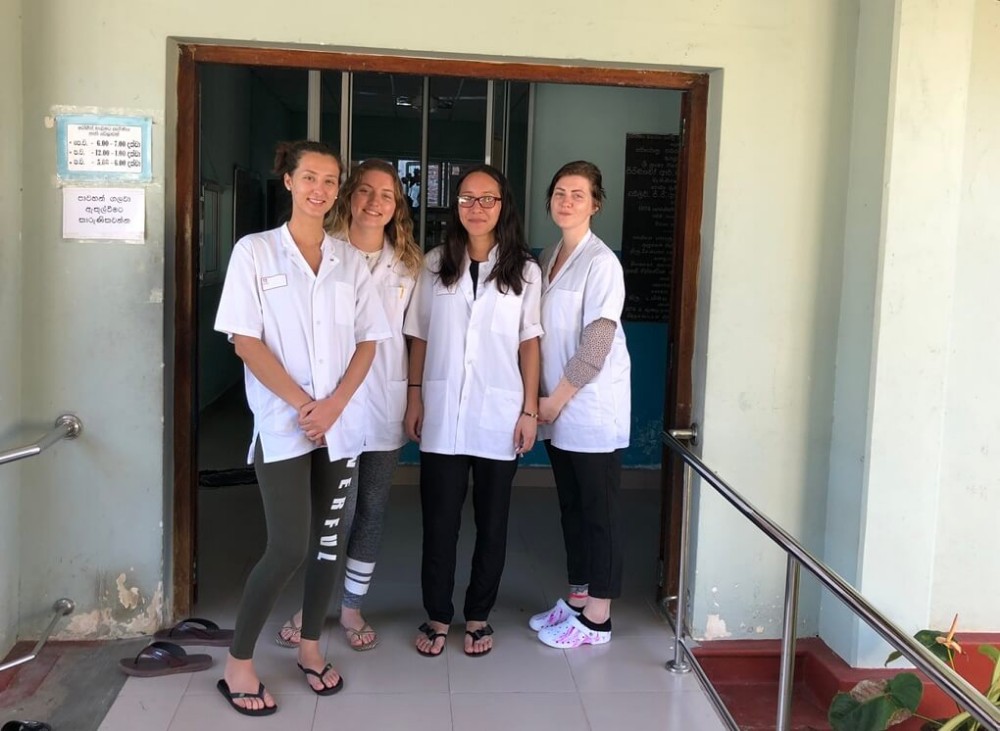
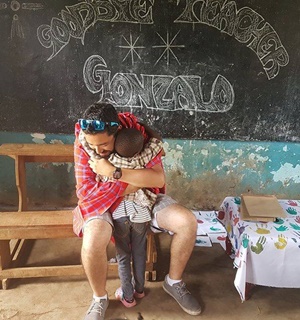








 Yes, I'm from UK or EU
Yes, I'm from UK or EU